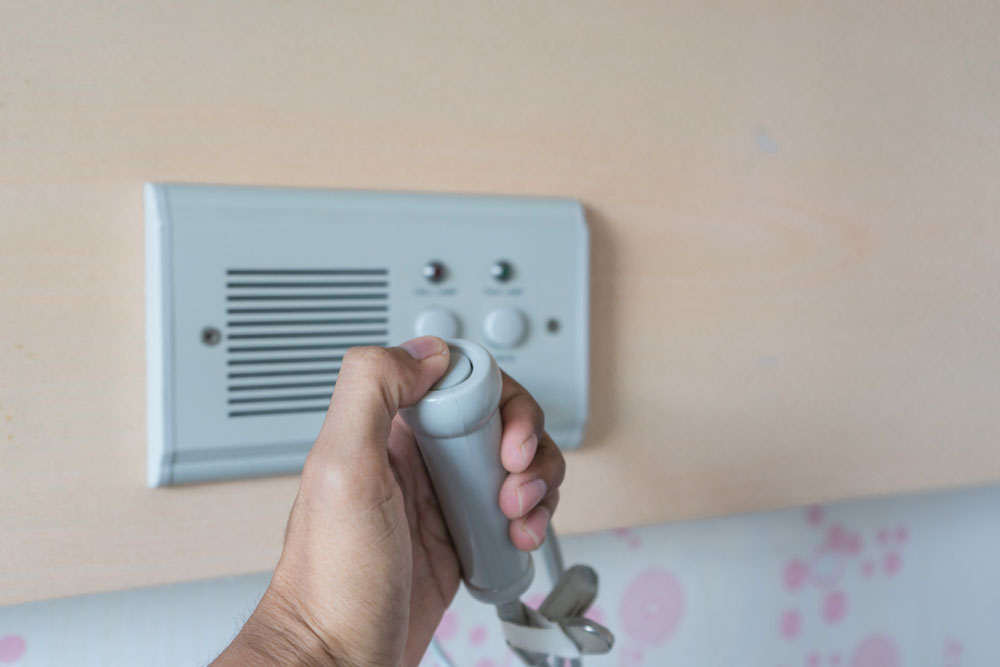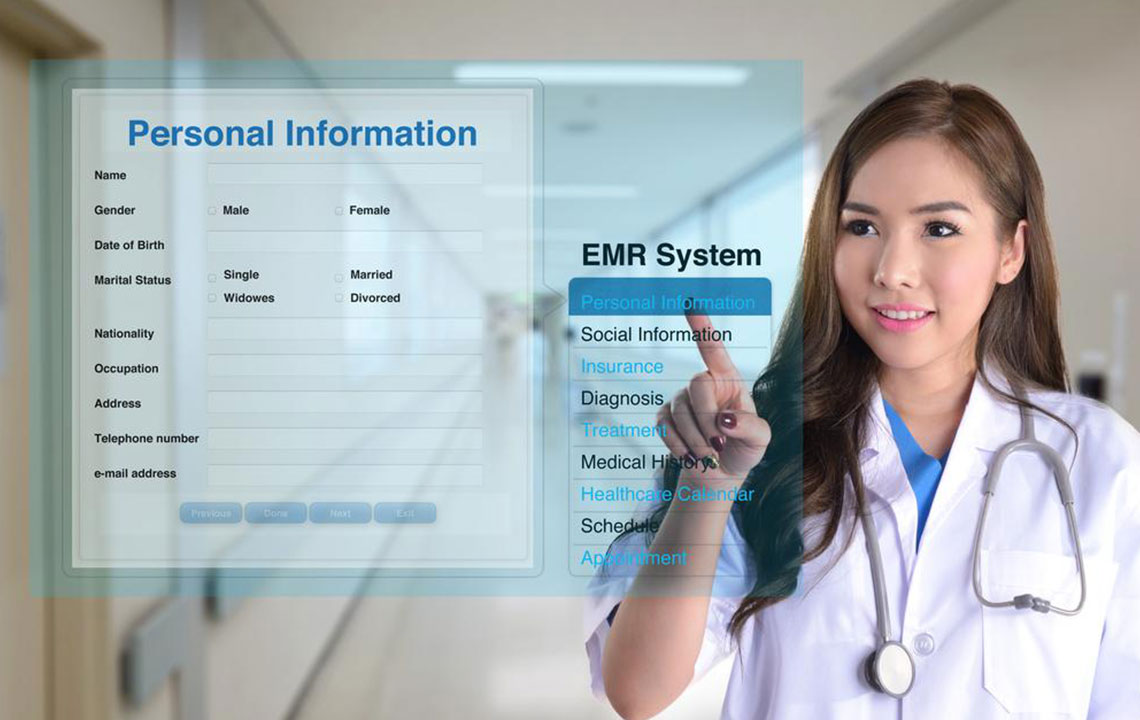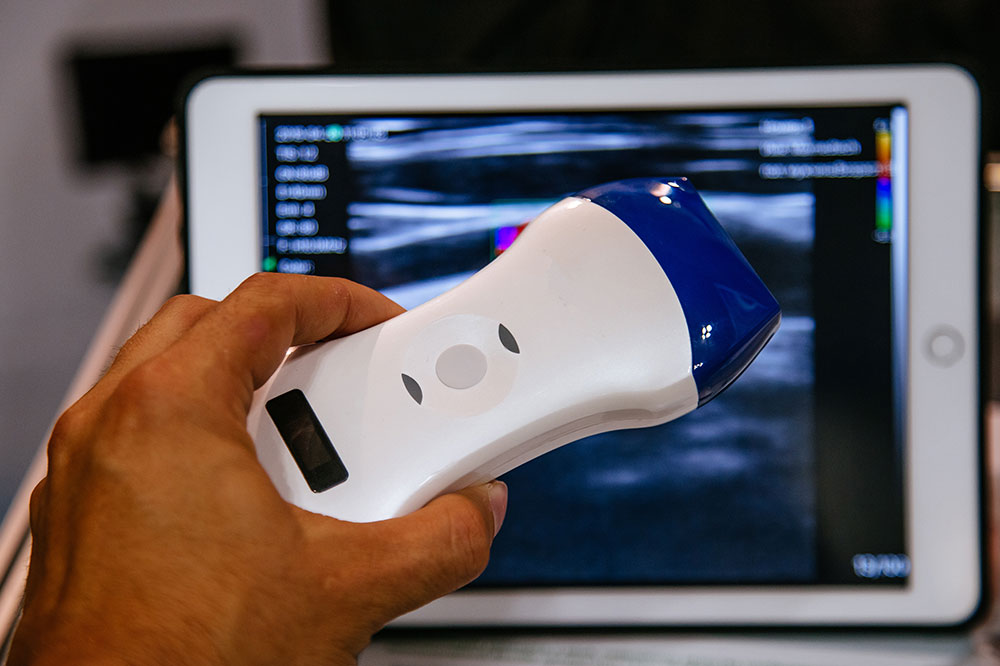Digital Symptom Assessment Tools and Self-Service Health Kiosks
Discover how digital symptom checkers and self-service health kiosks are transforming healthcare by providing quick, accessible assessments. Learn about their benefits, limitations, and best practices for safe use. These tools empower users to understand their health better, especially in remote areas, but should complement professional medical advice. This overview highlights the integration of technology with healthcare, stressing the importance of accurate interpretation and seeking professional help when needed.

Digital Symptom Assessment Tools and Self-Service Health Kiosks
Digital symptom assessment platforms and patient kiosks in health diagnostics
Modern personal health tools have revolutionized how individuals manage their health. These digital tools empower users to evaluate their symptoms independently, reducing the need for immediate doctor visits. Based on data analysis and decision trees, online symptom checkers offer convenience and quick insights. Despite their benefits, these tools also present some challenges that users should be aware of.
In this article, we explore the advantages and limitations of using digital symptom checkers and self-service kiosks to identify health issues and understand symptoms.
How do these digital tools merge technology with healthcare?
They represent innovative solutions that bridge healthcare with digital technology, allowing users to better understand their health conditions.
Various mobile apps and kiosk services offer instant support, reaching individuals in remote or underserved locations.
This approach has made it easier for people to access health-related information online, especially during urgent situations.
Who benefits most from health assessment tools?
While anyone can use these tools, they are especially helpful for those lacking immediate access to medical care or needing quick preliminary diagnoses.
They assist users in determining whether symptoms warrant emergency intervention or medical consultation.
These tools also serve individuals seeking cost-effective ways to gain health insights without visiting a doctor for minor concerns.
Do digital symptom checkers lead to unnecessary worry?
Accessibility to these tools can sometimes trigger unwarranted anxiety, especially if users misinterpret results.
For people prone to panic or with anxiety disorders, reading potential diagnoses may cause additional stress.
In cases of concerning outcomes, consulting a healthcare professional for a comprehensive evaluation is recommended, as they can interpret symptoms more accurately than automated tools.
Are self-service kiosks used for symptom evaluation? What makes them stand out?
Yes, health kiosks are now available to assess symptoms in a physical setting.
These kiosks combine digital diagnostics with basic physical checks, enhancing user confidence.
Typically located in high-traffic venues such as malls, hospitals, corporate parks, and retail centers, they provide quick health assessments in accessible locations.
What are the limitations of health kiosks functioning as symptom checkers?
Fundamentally reliant on algorithmic logic, these kiosks may not always deliver precise results.
Their capabilities are limited to general assessments, such as indicating if one is healthy or not.
For detailed diagnosis and personalized treatment plans, consulting a healthcare professional remains essential.










